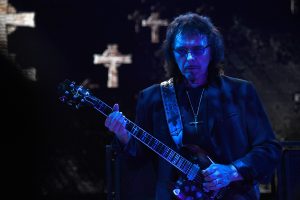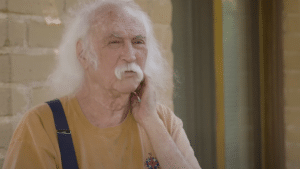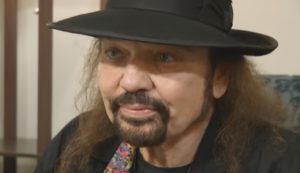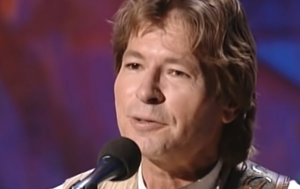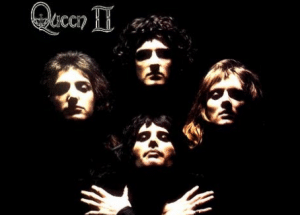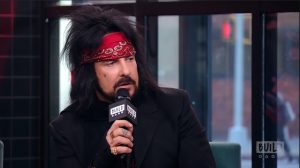Why Jethro Tull’s Ian Anderson REFUSED To Meet Elvis Presley

via AXS TV / Youtube
In the summer of 1969, the world was captivated by two musical titans. Elvis Presley was making a triumphant comeback in Las Vegas, while Jethro Tull were on the rise with their innovative sound.
The King’s influence was undeniable. His shows were legendary, drawing a constant stream of star-struck admirers. When an invitation arrived for Jethro Tull to meet Elvis, it should have been an opportunity of a lifetime. Yet, Ian Anderson, the band’s enigmatic frontman, made a decision that would later become the stuff of rock ‘n’ roll lore.
“I felt so embarrassed for him and I didn’t want to make things even worse,” Anderson would later reveal. His refusal to meet the King was a bold move that raises intriguing questions about the complexities of fame and the pressures of the music industry.
“I Was Never Really a Big Elvis Fan”
The flute-playing frontman found himself in the heart of Las Vegas during the recording of Jethro Tull’s groundbreaking album, Stand Up. A chance encounter with the legendary Elvis Presley awaited him. “I was never really a big Elvis fan,” Anderson admits, “but his early music was a part of my childhood musical fascination.”
However, the reality of the King’s live performance was a stark contrast to the youthful memories. Anderson was disheartened by the spectacle. “I was just appalled by the commerciality and the triteness of it all,” he expressed. Presley’s performance, marred by slurred words and abrupt stops, left a lasting impression on the Tull frontman.
“It just wasn’t the way to see Elvis,” Anderson concluded. His experience painted a picture of a once-iconic figure struggling under the weight of commercialism.
Politely Declining The King’s Invitation
Word reached Elvis Presley that a promising British band, Jethro Tull, had been in the audience. Known for their flamboyant stage presence and Anderson’s distinctive flute playing, they had caught the King’s attention. An invitation was extended for a backstage meeting.
Anderson recalls, “Elvis would like to see you in his dressing room. I replied, ‘Tell Mr Elvis that it is a really great honour to have been here tonight, but we’ve got a show tomorrow, we’re a bit tired and we need an early night.'”
The decision to decline a meeting with a cultural icon was a bold move. Anderson’s polite yet firm refusal to meet Presley was him standing up for his band.
“I Felt so Embarrassed For Elvis”
The pressure mounted as Anderson was informed, “No, you’re not listening – Elvis will see you backstage in the dressing room.” This was no mere invitation; it felt like a command.
Anderson, known for his strong will, refused to be intimidated. Even the legendary Memphis Mafia couldn’t coerce him into a meeting with Presley. He stood his ground, unaffected by the potential backlash.
“I think a couple of band members were miffed,” Anderson admits. “But I felt so embarrassed for Elvis and I didn’t want to make things even worse. And obviously he would have had absolutely no idea who we were – no matter what they said.”
https://twitter.com/prolixmusic_/status/1648491609619836929
Standing Up for His Band
Anderson’s decision to decline a meeting with Elvis Presley is characteristic of his rebellious spirit. The Tull frontman has consistently defied expectations throughout his career, forging a unique path for the band. This approach has proven instrumental in Jethro Tull’s enduring success.
Stand Up, released in 1969, marks a pivotal moment in the band’s history. It is considered by many to be their first masterpiece, and Anderson holds it in high regard. “It’s the first album that I felt creatively responsible for,” he explains.
The album’s significance cannot be overstated. As Anderson notes, “It’s incorrect to say that we wouldn’t have carried on without it, but things could have been very different for us.” Stand Up laid the foundation for the band’s enduring legacy.




